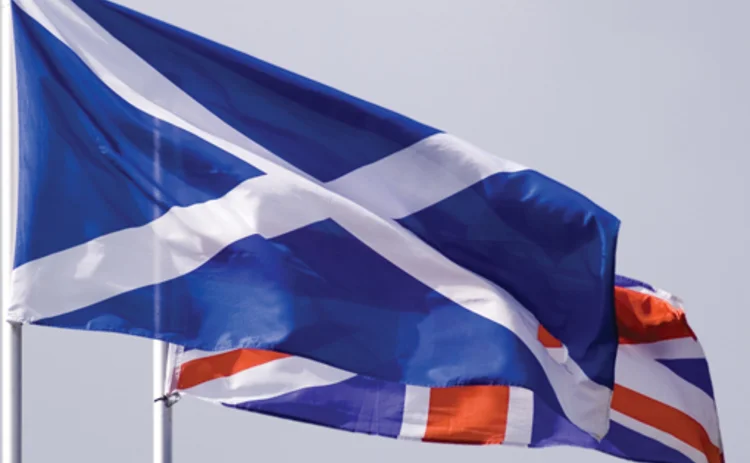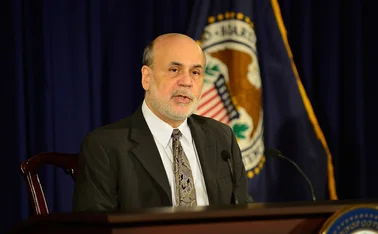
Olli Rehn: Scotland would need central bank to join EU
Independent Scotland using UK pound would 'forfeit EU membership'

An independent Scotland would not be able to join the European Union if the country keeps the British pound as its currency, Olli Rehn, the former European commissioner for economic and monetary affairs and the euro, has warned.
"Any [EU] candidate country must be committed to the economic and monetary union, which implies the will and expected capacity to meet the convergence criteria of euro membership in due course," Rehn writes in a letter to UK Treasury chief secretary Danny Alexander..
In the letter, Rehn adds that "an independent central bank" is a "core part" of the economic and judicial criteria that countries seeking EU membership must fulfil under the union's main treaty.
Pro-independence politicians in Scotland, which will vote on whether to secede from the UK on September 18, have hinted the country could keep the British pound as its currency – either by entering into a currency union with the UK or simply adopting it as its own.
While the UK government has dismissed the former idea, the second means Scotland's monetary policies would be determined by the Bank of England, which would no longer be required to take the Scottish economy's welfare into account when making decisions.
Some pro-independence Scots, meanwhile, have suggested that the country's application to the EU could be negotiated in as little as 18 months ahead of an eventual secession from the UK in March 2016.
But this summer the European Commission's new president, Jean-Claude Juncker, said the EU would "mark a pause" in its enlargement amid persistently sluggish economic growth.
Adopting the currency without explicit permission – a process dubbed "sterling-isation' – would "simply not be possible" if Scotland seeks to join the EU as an independent state, according to Rehn, who stepped down after a decade as commissioner earlier this year and now serves as a member of the European Parliament for the Finnish liberal party.
He adds: "It would obviously imply a situation where the candidate country concerned would not have a monetary authority of its own and thus no necessary instruments of the Emu."
In 2007, the EU requested Montenegro, which has used the euro as de facto currency since 2002, to create its own monetary authority as a basic pre-requisite for membership, Rehn notes.
"Unilateral euro-isation is not compatible with the Treaty [of the European Union], which foresees the eventual adoption of the euro as the endpoint of a structured convergence process," the commission stated at the time.
It added that an EU member state "cannot adopt the euro and join the euro area without fulfilling all the criteria defined in the treaty".
In the letter to Alexander, Rehn says "Scotland, Great Britain and the European Union would all be stronger and benefit from the United Kingdom sticking together" and that he considers it his "duty to try to provide impartial factual information".
Only users who have a paid subscription or are part of a corporate subscription are able to print or copy content.
To access these options, along with all other subscription benefits, please contact info@centralbanking.com or view our subscription options here: http://subscriptions.centralbanking.com/subscribe
You are currently unable to print this content. Please contact info@centralbanking.com to find out more.
You are currently unable to copy this content. Please contact info@centralbanking.com to find out more.
Copyright Infopro Digital Limited. All rights reserved.
You may share this content using our article tools. Printing this content is for the sole use of the Authorised User (named subscriber), as outlined in our terms and conditions - https://www.infopro-insight.com/terms-conditions/insight-subscriptions/
If you would like to purchase additional rights please email info@centralbanking.com
Copyright Infopro Digital Limited. All rights reserved.
You may share this content using our article tools. Copying this content is for the sole use of the Authorised User (named subscriber), as outlined in our terms and conditions - https://www.infopro-insight.com/terms-conditions/insight-subscriptions/
If you would like to purchase additional rights please email info@centralbanking.com







